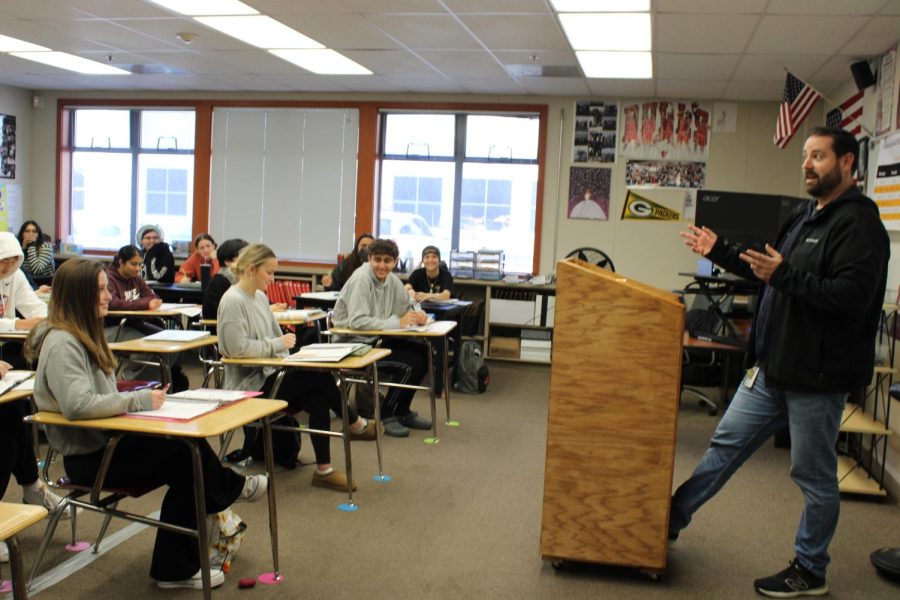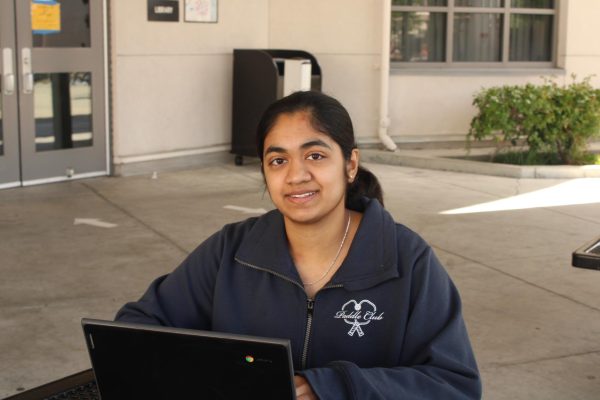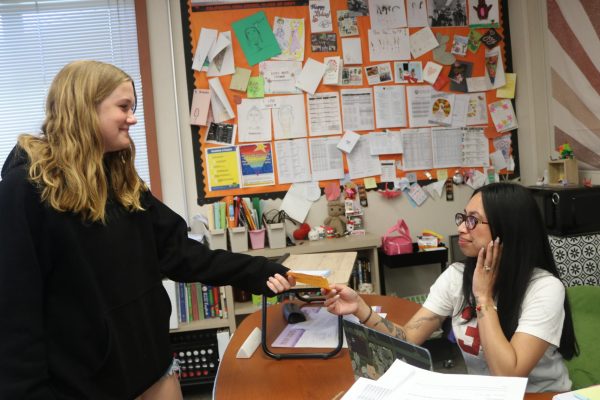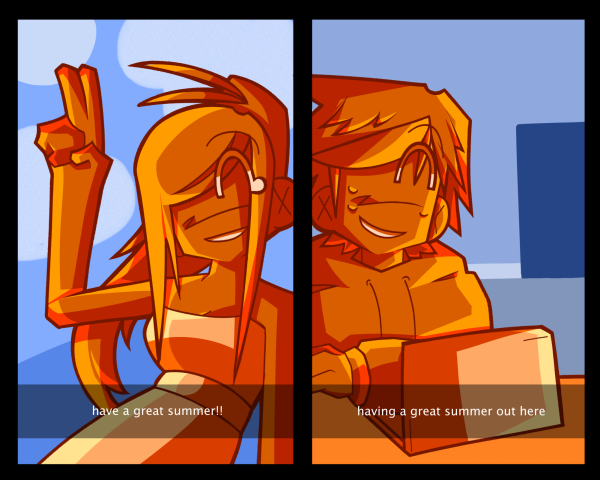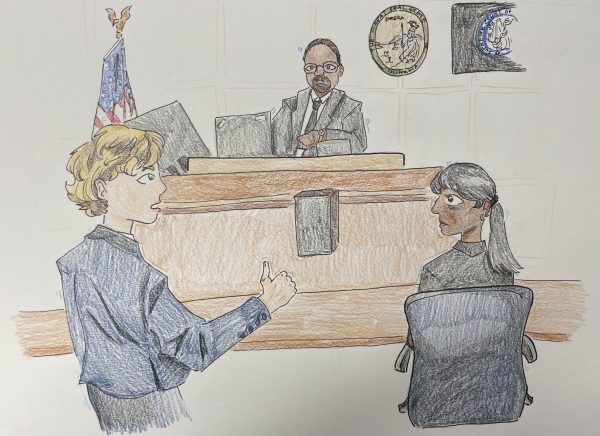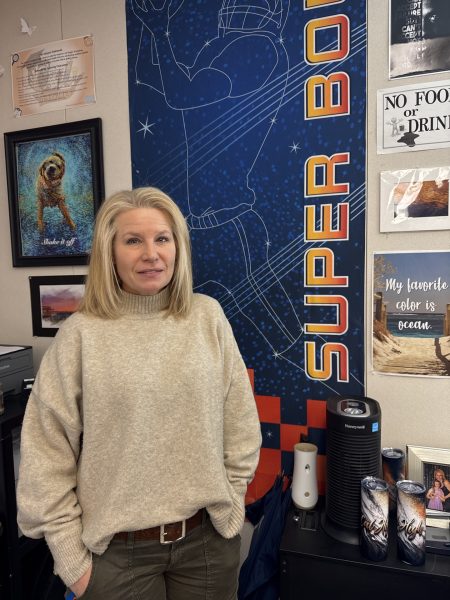Students get involved in community through Generation Citizen
Alex Geller’s gov class takes hands-on approach to learning civics
Teacher Alex Geller talks about the Generation Citizen project to his government class.
Government teacher Alex Geller’s two classes are enacting change in the community by working with representatives through a teaching curriculum called Generation Citizen.
Generation Citizen is a program where students not only learn about the government in theory but also practically.
“Instead of just reading out a bit of a book, or doing some worksheets or taking a lecture… [students] are actually going to get involved within their local community,” Geller said.
Generation Citizen is a program that hopes to increase political participation among teenagers, according to the program’s website. Through their “community-based action civics” curriculum, Generation Citizen hopes to engage and develop students into confident and competent leaders to tackle community issues.
“I would hope that this is something that a student [can use to] find their niche and that opens up [a] doorway to them through the communication with representatives,” Geller said.
The Generation Citizen curriculum is split up into five units where students will identify a community topic to tackle, research that topic, plan how to take action, contact representatives, and prepare for civics day. On civics day, which will be hosted in May, the class will present their work to administrators and the school board.
Currently, Geller’s fourth and fifth period classes are working through Unit 1, where they are establishing classroom norms by creating a constitution and finding their identity as a class.
“[The lesson] has been about identifying yourself, like understanding yourself and understanding the communities that you connect to [and that] you fall within,” senior Vedant Birla said. “It’s a good environment to talk about everything regarding your identity.”
Geller’s classes created a constitution following the representative democracy style. Each class split into two to three people per group and collaborated to determine the best policies for the class to follow. Each group then sent a representative into a larger group of eight to finally decide on the best policies for the class.
Some of these policies include speaking the truth, participating and staying engaged, respecting people’s privacy, being open-minded to others’ diverse views and beliefs, and being compassionate toward others.
“Everyone should make a personal commitment to stay engaged,” senior Naila Suhramat said. “Everyone is responsible for speaking their own truth. Everyone is responsible to practice confidentiality and everyone has the responsibility to understand and accept each other’s diverse views and beliefs.”
The constitution activity not only established how students should conduct themselves but also helped them find their identity as a class while bonding with their peers.
“You cannot make an impact of like what we’re trying to do if you don’t have a bond with people that you’re working with,” senior Hima Saluja Tappita said.
Each of Geller’s two classes will pick an issue separately to tackle in their community. They will then contact local representatives or government officials that will help them solve the community challenge. These issues could range from improving food on campus, revamping the parking system, or fighting discrimination on campus.
Through Generation Citizen, students develop their communication and their organizational skills, while expanding their sphere of influence. By contacting representatives, students will learn how to compose emails, how to talk to somebody in a position of power, and how to communicate their message clearly and concisely.
Students should improve their time management skills when working with representatives with busy schedules and learn how to navigate political systems.
“If there’s some sort of issue that’s affecting me or like people in my community, then I will know how I would go about getting that issue resolved by the local government,” senior Narayan Muppagowni said.
All of Geller’s students are excited to take action within their community.
“If I see [that the class] is able to make an impact in the real world in our community, then I think that’ll inspire me and a lot of other people to make a bigger impact,” Birla said. “Not just in our community, but in our country.”
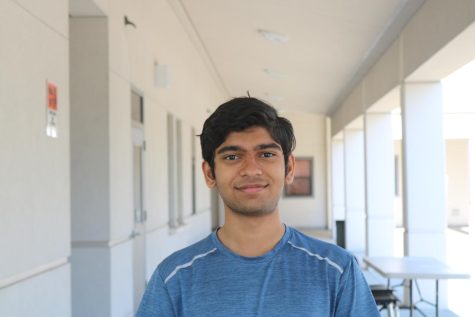
Senior Tejas Mahesh is a reporter for The Californian. He is looking forward to learning how the newspaper works behind-the-scenes and improving his writing...
